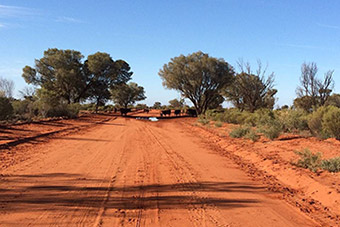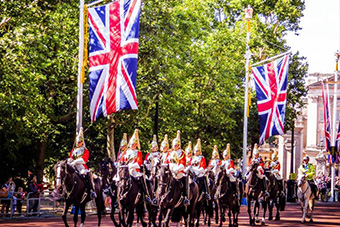The novel coronavirus is one of the world’s biggest health emergencies today. Officially called COVID-19, the disease, which originated from the city of Wuhan in China’s Hubei province, is now present in over 100 countries, having affected more than 1,00,000 people and claiming the lives of over 3,000 globally. Other than the fact that the disease spreads fast, not much is known about the its specifics.
Coupled with more events being cancelled and travel bans being imposed by the day, this has left many an international travelers in uncertainty. While many travelers are concerned as to whether they should suspend traveling or reap the benefits of wide-open award avail abilities, others are worried about their travel insurance status, and what their future would be should they have contracted the disease.
While only you can make the highly personal decision of continuing with or canceling your travel plans, here are some precautions you can take to minimize the chances of contracting COVID-19 when traveling as much as possible:
Before you travel…
- Know the symptoms: Knowledge is strength. The more you are well-versed about the symptoms of the disease, the more able you will be at identifying them before they get worse (if you or anyone close to you show them). Stay Up To Date on the latest news, but only stick to reliable sources. As there is a lot of fake news going around, it essential to know right from wrong.
- Check for health alerts: Before you embark on your travels, check whether your destination is under any high-level alert. For instance, the US has a Level 4 “do not travel” alert imposed for China and Italy. You are better off avoiding such high-risk places while you still can. Remember – you are always better off being healthy and safe.
- Be flexible with your travel plans: With the disease spreading rapidly all over the globe, you must consider being more flexible with your travel plans. To begin with, consider if your upcoming trip is absolutely essential, or if you can cancel or postpone it to a later date. Additionally, if your travel plans include any high-risk regions as a stopover, consider opting for alternative stopovers that have a lower health risk level.
- Check your travel insurance status: One of the biggest revelations that have surfaced with the spread of COVID-19 is the fact that most travel insurance policies do not cover any more than the absolute basics. It is therefore imperative that you check yours to see if it covers any inconveniences that you may encounter while travelling that is related to the novel coronavirus. If not, make sure to update your policy, and if needed, opt for a new one.
- Get vaccinated: While there is currently no vaccine for COVID-19 (the nearest timeline given is around 18 months), there are vaccines for other infections and diseases such as the flu, which have symptoms similar to the novel coronavirus. Getting vaccinated for these will not protect you from COVID-19, but it will
- Stock up on supplies: While it is not feasible to stock up on every single thing when you are traveling, it is important that you have the most important items to help keep yourself safe and protected against infections as much as possible. These include a portable bottle of handwash, hand sanitizer, disinfectant wipes, an extra set of clean clothes and undergarments and a few handkerchiefs and towels.
When traveling…
- Wash your hands frequently: This simply cannot be stressed enough. Our hands are one of the biggest sources of spreading germs. Washing hands on a frequent basis helps wash off these germs, which can go a long way in preventing infections. Make it a point to use disinfecting handwash to wash your hands. In case that is not available, use a hand sanitizer that has at least 60% alcohol.
- Wear a mask: Wearing a mask when you are out in public will help you prevent from getting affected by any germs that may be traveling in the air, and against respiratory droplets. Make it point to wear your mask especially if you are sick (or showing symptoms yourself), and when you are in crowded places.
- Avoid touching your eyes, nose and mouth: Hand to orifice transmissions is the second biggest way to spread germs (besides air and respiratory droplets). While washing hands does go a long way in preventing the stay of germs, it is not entirely foolproof. Make a conscious effort to not touch your eyes, nose and mouth, especially when you are outdoors. If a situation arises where you must, make sure to disinfect your hands before you take them near your face.
- Avoid contact with those who show symptoms: According to guidelines, it is important to make a minimum of 1-meter distance from those who show symptoms of the COVID-19 disease. While these symptoms (such as cold and coughs) are not exclusive to the infection caused by the novel coronavirus, it is important for you to maintain safe distance as a precaution.
- Cooperate and be patient: Traveling these days is something that can and does involve several uncertainties. As travel advisories are being issued, flights are being cancelled and/or redirected, and people are being thermally checked and even being placed under quarantine as a precautionary measure, there is a fair chance for developments such as these to affect you. If you do get caught up in any such situations, make sure to cooperate and be patient. Bear in mind that they are being done for your own good.











